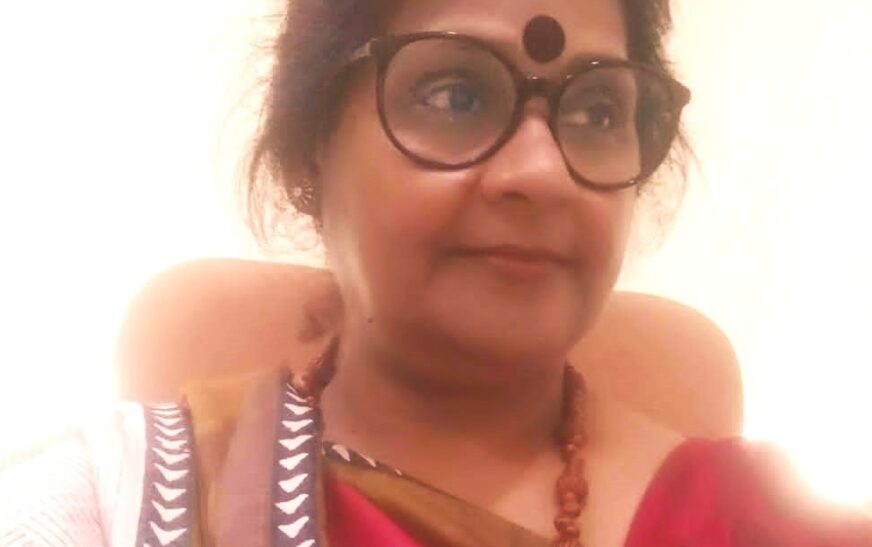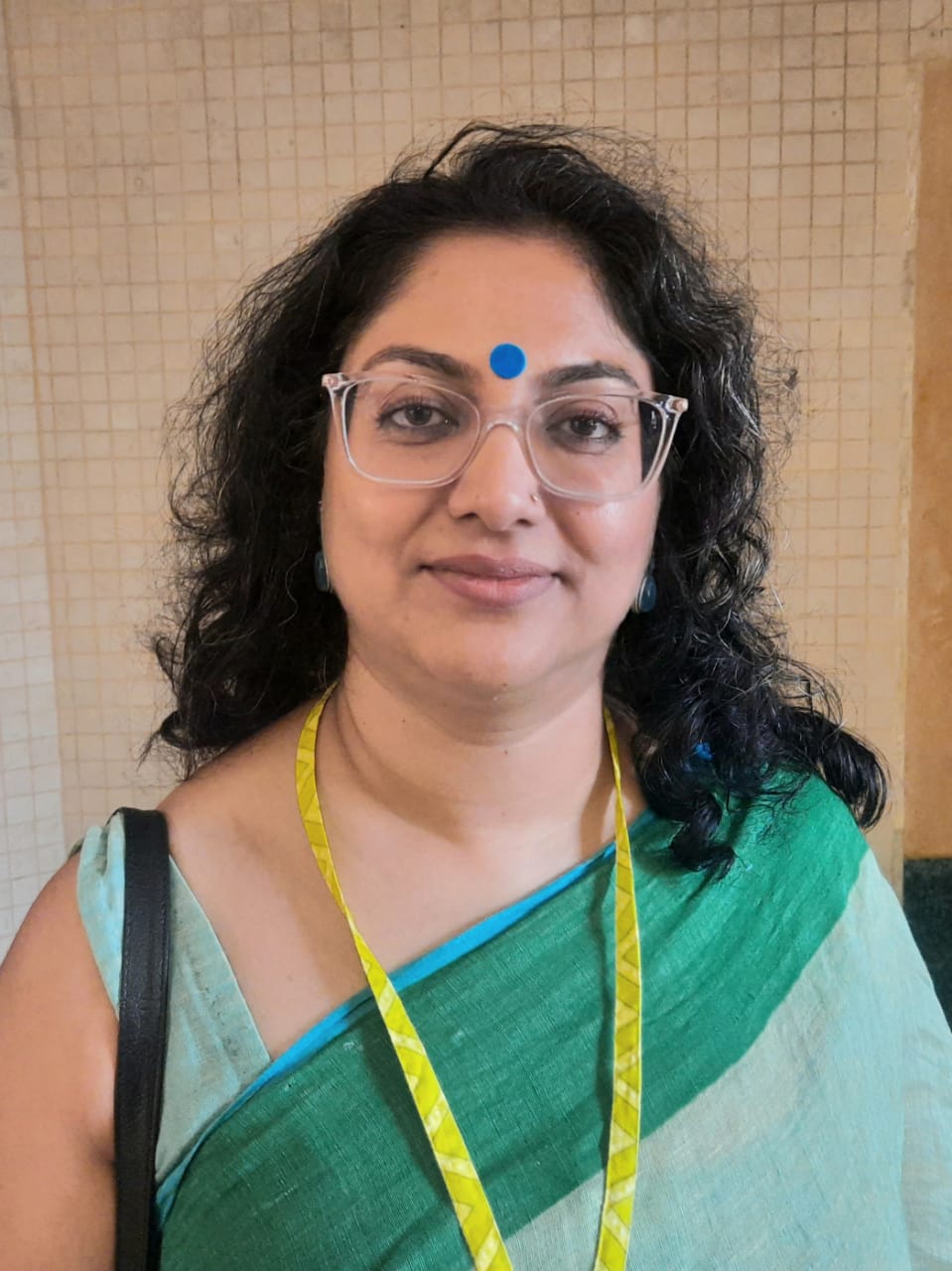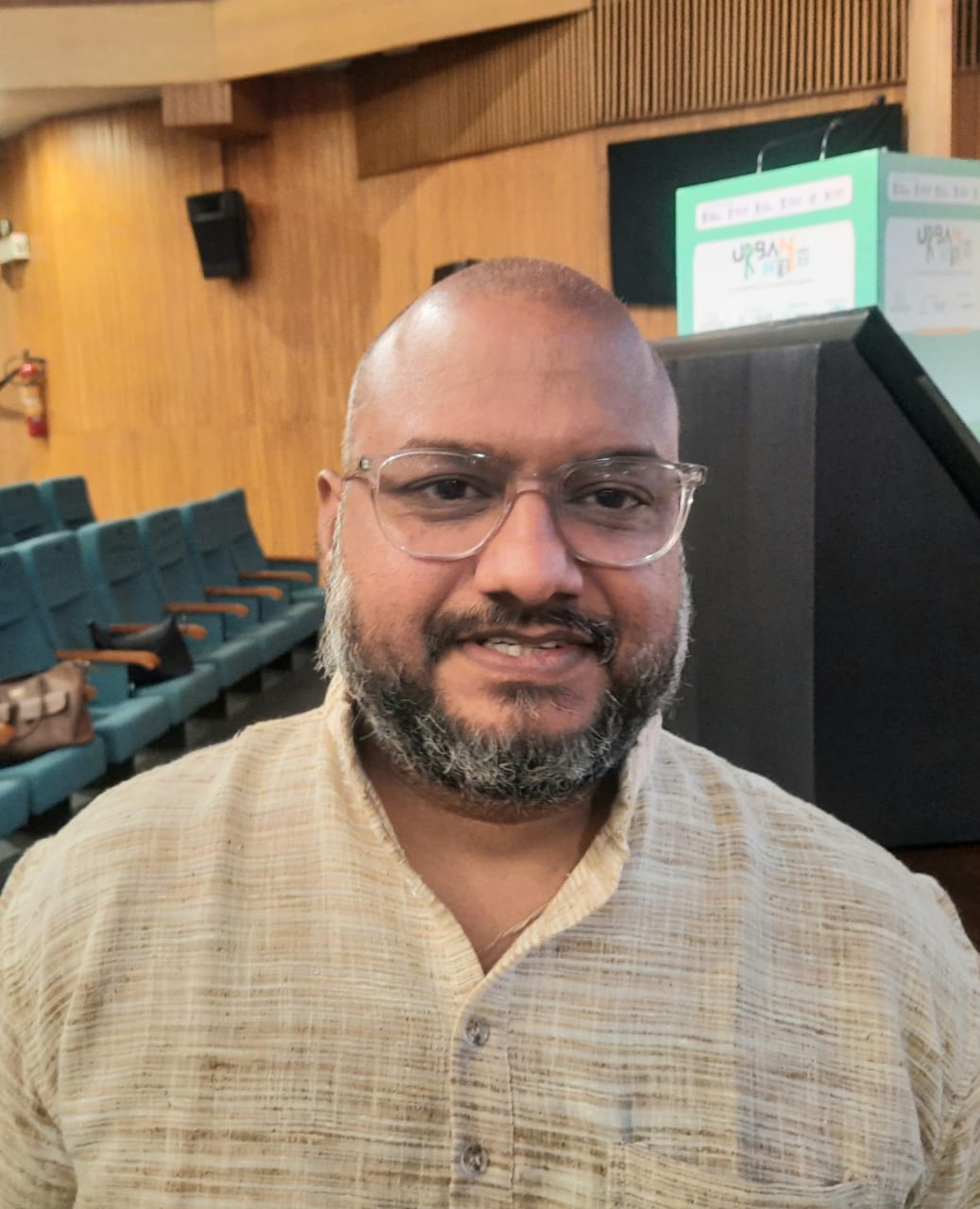Sulabh International recently published a report titled “Combating the Silence from Menarche to Menopause—A Comprehensive Report on Menstrual Hygiene Management in India.” The study covered 7 states and 14 districts, surveying 4839 women and girls from diverse backgrounds. It focused on a lifecycle approach to menstruation.
The report’s goal is to complement the Government of India’s Menstrual Hygiene Policy and align with Sustainable Development Goals. Sulabh International, renowned for its work in water, sanitation, and hygiene, aims to develop a strong Menstrual Hygiene Management (MHM) roadmap through collaboration with stakeholders.
This research gains significance as the Government of India is committed to prioritizing MHM as a crucial policy issue, a stance emphasized by Prime Minister Narendra Modi.
Talking to The Interview World, Nirja Bhatnagar, National Director, Sulabh International, sheds light on equitable access to menstrual hygiene resources. Here are the excerpts.
Q: Can you provide an overview of the Sulabh Sanitation Mission Foundation’s Research Project on menstrual health and its objectives?
A: For the past five years, the Sulabh Sanitation Mission Foundation (SSMF) has focused on Water, Sanitation, and Hygiene (WASH) issues of women including menstrual hygiene. Moreover, SSMF regularly provides free sanitary napkins to women and girls and has started manufacturing pads in Maharashtra and Haryana.
This study evaluates social and infrastructural barriers to Menstrual Hygiene Management in Indian women aged 20 to 49. It extends beyond school years and includes issues faced by school-going girls. In addition to this, the report aims to suggest policy decisions at the state government level for effective Menstrual Health Management. This initiative ensures the well-being of all menstruating women.
Q: How has the project contributed to improving menstrual health awareness and practices, particularly in the communities you have targeted?
A: In Haryana, SSMF has established a model village focused on WASH. Each household in the village is equipped with a toilet, and there is access to clean water for every toilet.
Meanwhile, in the Sangamner block of Maharashtra, approximately 5000 Self-Help Group (SHG) women use sanitary pads every month. Additionally, these sanitary pads are distributed free of charge in schools in the region.
Q: Can you highlight any innovative approaches or strategies that the project has employed to promote menstrual health and hygiene in the target areas?
A: This study utilized an ethnographic and EMIC evaluation approach, combining intersectoral and mixed methodologies.
Q: What educational initiatives has the project undertaken to raise awareness about menstrual health, and how have they been received by the target audience?
A: This study advocates for a holistic approach to addressing challenges in Menstrual Health & Hygiene (MHM). Moreover, it emphasizes the need for policy advocacy, capacity building, and educational training to induce behavioral change. Targeting both boys and men, the study dismantles the pervasive barriers of “Shame, Stigma & taboos” associated with MHM.
To achieve this, a concentrated effort in schools and colleges is essential. Moreover, integrating training programs at all levels can infuse societal changes. Addressing infrastructural and physical barriers, such as inadequate facilities like toilets, is crucial to break the silence surrounding MHM.
Recognition and resolution of barriers related to choice and access to health services, encompassing diseases, taboos, and societal silence, are imperative. Moreover, attitudinal challenges, including negligence, denial, and silence, require active confrontation through targeted interventions.
Public policy holds the responsibility to promote MHM and WASH for Sustainable Development Goals (SDGs). Power dynamics affecting resource availability, well-being, and women’s rights necessitate policy interventions for active empowerment.
Examining family structures, power dynamics, resource distribution, and principles of equity are crucial to address compliance issues. Furthermore, they show solidarity towards the safety and security of women. Government and stakeholders should actively monitor and administer policies, aligning with India’s commitment to SDGs.
The study underscores the importance of ensuring gender-based health, education, and economic self-sufficiency for various demographic groups. These groups include school-going girls, mothers, and aging women. Community-based awareness is essential for creating a conducive ecosystem for SDG achievement. Streamlining MHM and WASH not only contributes to SDG-related targets but also actively improves overall well-being.
Lastly, the study acknowledges the influence of social customs, beliefs, taboos, and myths, emphasizing the cultural aspects in comprehensive MHM interventions.
Q: How does Sulabh Sanitation Mission Foundation plan to ensure the sustainability of the project’s impact in the long term, especially in terms of continued community involvement and support?
A: Sustainability hinges on the development of comprehensive policies and programs by policymakers. Successful implementation of these initiatives is crucial. Sulabh Sanitation Mission Foundation is committed to supporting the government in ensuring flawless execution within communities.
Given the ongoing nature of menstruation, it is imperative to sustain programs that adapt to evolving contexts. With women constituting 50% of the population, policies concerning menstruation should continuously evolve to align with changing technologies and needs.
Q: What key performance indicators or metrics does the project use to measure its success in improving menstrual health outcomes, and what achievements are you particularly proud of?
A: In our Haryana model villages, we have successfully prevented school dropouts due to menstruation. We attribute this achievement to our firm commitment to eradicating stigma, shame, and myths associated with menstruation. It is crucial to recognize that menstruation is a health issue, not a cultural one. Our zero-tolerance approach to these issues has not only been effective but also a source of pride for our community.










1 Comment
Thanks for sharing. I read many of your blog posts, cool, your blog is very good.
Comments are closed.